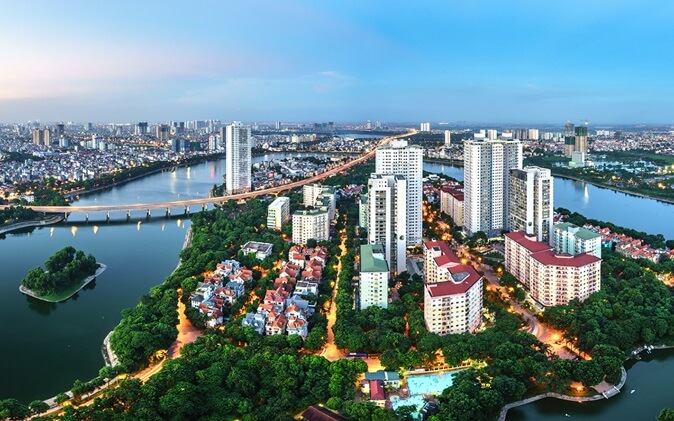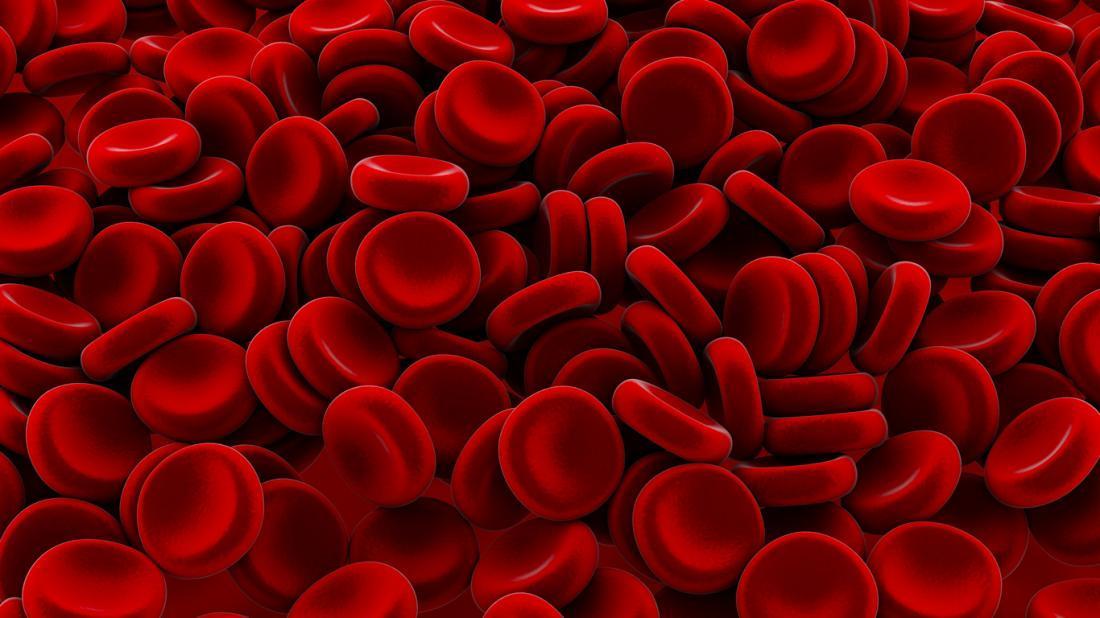In January 2020, with the onset of coronavirus in Vietnam, the country was proactive and took decisive action to tackle the pandemic. Even though Vietnam has a close border with China, where coronavirus originated, the country has managed the pandemic of coronavirus well.
Since Vietnam recorded the first few infected cases, the country quickly took a number of bold measures to close schools and universities, instituting travel bans on those who have visited the affected areas, as well as fining those who spread fake news on their social media account following the coronavirus outbreak. Vietnam had done very well in the discharge from hospitals of all 16 patients contaminated.
Because most new cases are ‘imported’ in Vietnam, the number of infected cases has been increasingly rapid due to international visitors and the influx of repatriated Vietnamese who have returned home to prevent the rapid spread of coronavirus in the West.
Also Read: How to Strengthen Your Emotional Fitness During Lockdown
One of the reasons for success in containing the coronavirus is the unity and spirit of the country to fight for the pandemic coronavirus. Despite the country successfully treating the initial patients, Prime Minister Nguyen Xuan Phuc called this ‘golden time’ for Vietnam to fight the coronavirus pandemic before moving to the next stage when the imported cases of coronavirus returned. The message was loud and simple, highlighting the essential tasks that relate to Vietnamese nationally and overseas compatriots, comrades, and soldiers to stay unified with the country in the war against the COVID-19 pandemic.
Vietnam has introduced effective responses to curb the disease’s spread. In January, the country agreed to close schools and colleges and asked people to work from home. The country’s visa waivers program has been suspended for eight European countries, including the UK, in the face of growing EU infection cases. All diplomatic and business trips aboard were postponed unless the Prime Minister had approved. The authorities have asked local painters to draw slogans and unified propaganda, the propaganda like ‘staying at home is loving your country’ is nearly on every street in Vietnam.
The country shut down non-essential businesses, and imposed movement restrictions. In March international flights were discontinued and domestic flights and train services were significantly reduced. Vietnam restricted the number of public meetings in large cities. The country’s largest city, Ho Chi Minh City, has ordered the closure of all bars, restaurants, and entertainment centers. With the influx of overseas citizens returning home since 16 March, all new arrivals are required to declare their health conditions, test, and arrive in Vietnam ‘s compulsory quarantine zone. Police officers have been urged to ensure national security and social order, and deal with anyone who escapes quarantine. On 1 April Vietnam declared a national lockdown.
Vietnam also defeated the coronavirus using the contact-tracing process. As soon as local officials identify the possible people who have contracted with the tainted patients, media outlets will report the alleged cases and police officers will immediately come to trace those people and warn the residents around them. Officials allow home quarantine of the suspected patients and focus on finding ties to a known case.
Vietnam is a one-party state and has developed itself as one of Southeast Asia’s most popular investment destinations due to its stable political system, strong labor market potential, abundant resources, and a rapidly growing middle class.
The Vietnamese Communist Party has monopoly power in dealing with the coronavirus pandemic, imposing several severe and strict rules for its citizens to abide by. People will face severe punishment if they break the rules, and officials have reportedly sentenced a Vietnamese man to a nine-month prison term for aggressively refusing public masks. In the case of people infected with COVID-19 who are deliberately spreading the disease within the community, a 12-year prison term may also apply. These interventions clarified why Vietnam can handle the coronavirus pandemic so well and still monitor the epidemic.
Such early actions and touch case tracking associated with social isolation proved to be very effective in preventing and combating coronavirus for Vietnam. Vietnam has kept the number of infected cases to a few hundred so far, and no one has died as a result of that deadly virus. With a population of around 97 million people, Vietnam reported only 320 cases in total and 260 patients discharged from the hospital as of 18 May 2020
The effective response had reassured the country-based business, and this year’s Vietnam economy will be a bounce-back following COVID-19. Following the coronavirus pandemic, Vietnam is forecast to be one of the fastest-growing economies in Southeast Asia, with a growth of 4.8 percent this year and bouncing back to 6.8 percent in 2021, according to Asian Development Outlook 2020 report.
Vietnam has successfully controlled the coronavirus pandemic. The preparedness, progressive measures, and prompt responses were key to the success of Vietnam. These measures have for a period reduced economic activity, but they help to build the foundations for economic recovery, and the economy will bounce back overall.

























Leave a Reply